20 Greatest Horror Films You've Never Seen
Zombies, psychos and ghouls you've yet to be shocked by...
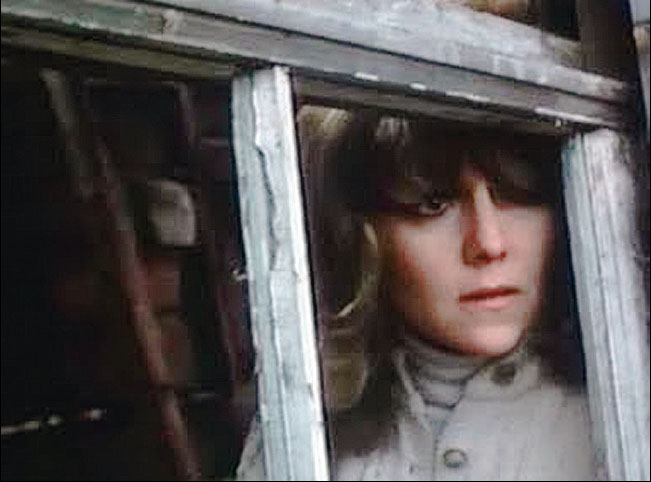
Death Weekend (1976)
Everyone’s heard of The Last House On The Left and I Spit On Your Grave, but this Canadian raperevenger – still unavailable on DVD – is unfairly forgotten.
Skilfully shot and potently acted, it sees a rich ‘couple’ (he’s lured her there to try and get in her pants) attacked in an isolated country retreat by redneck locals. Taking its cue from Deliverance, the sexual threat extends to the male protagonist too: “You got nice teeth there, doc…”
Argh! (White-) trashing the doc’s house. Seeing his “things” destroyed hurts more than any attack on his date.
Remake rights: Alexandre Aja. He’s not adverse to a remake and rarely flinches from protracted pain.
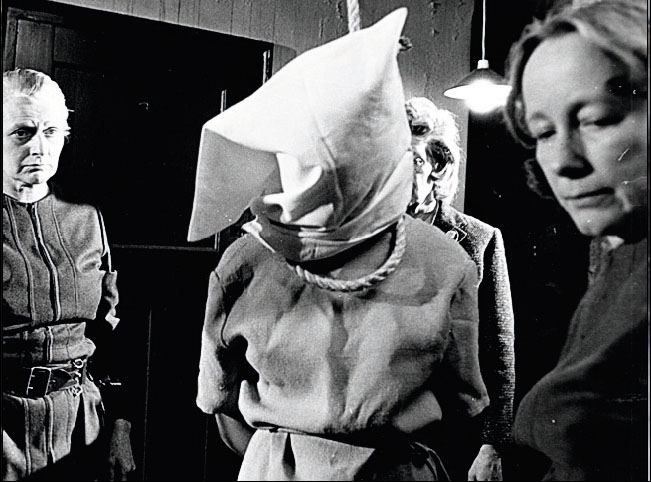
House Of Whipcord (1974)
British exploitation guru Pete Walker graduated from sex comedies to controversial horrors in the ’70s, films so rinsed in nihilism and anti-establishment rage they not only helped put the nail in Hammer’s coffin but bore comparison with the nightmare movies emerging from America.
Deciding that “sadism and flagellation” turned viewers on, Walker and screenwriter David McGillivray served up this bleak tale of a mad old judge who runs his own private prison, capturing ‘immoral’ women and flogging them for their sins.
Unfortunately for the girls it doesn’t end there: he hangs ’em, too.
Argh! A buxom beauty is stripped and strenuously whipped. Thresh that flesh.
Remake rights: Hello Eli Roth...
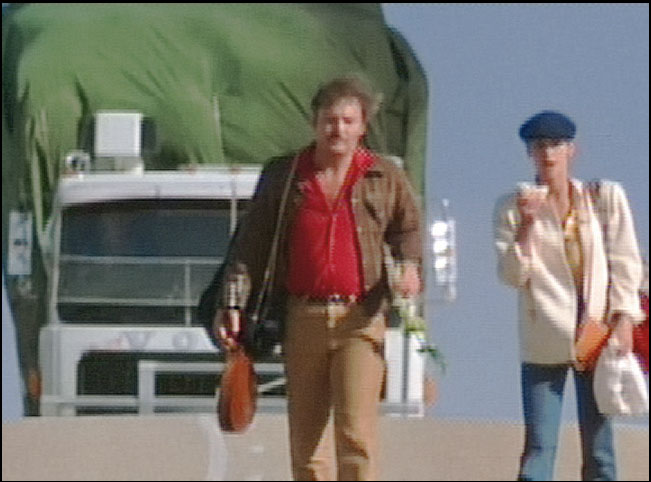
Road Games (1981)
One of the featured titles in this year’s superb Ozploitation doc Not Quite Hollywood, Road Games is Vertigo on the highway, as Stacy Keach’s trucker suspects he’s witnessed a murder in the desolate Outback.
To the financier’s delight, US scream queen Jamie Lee Curtis rides shotgun. Indebted to Steven Spielberg’s Duel, Richard Franklin’s streamlined suspenser has in turn influenced everything from The Hitcher to this year’s Hush, yet remains unsung.
Argh! Finding the suspected killer’s van parked up in the deepest, darkest night, our hero decides to get out and investigate...
Remake rights: Greg Mclean, obviously. He could even bring Wolf Creek’s sicko-psycho John Jarrat along for the ride.
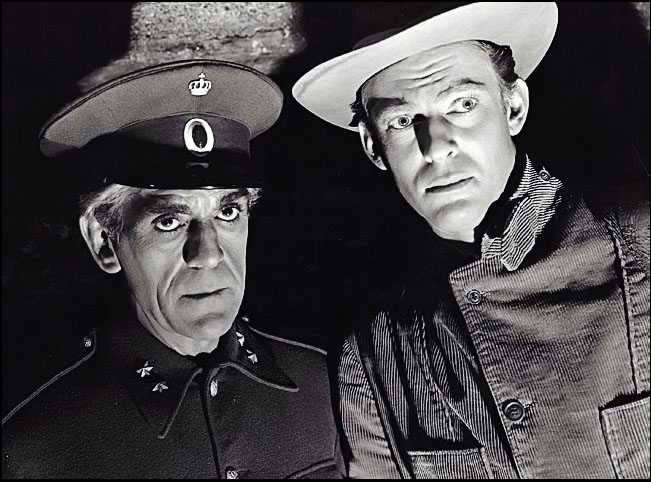
Isle Of the Dead (1945)
Set on a plague-ridden Greek island at the end of the Balkan war, 1912, this fog-drenched demon/vampire story is at times as sinister and always as shadowy as Val Lewton’s better known Cat People and I Walked With A Zombie (itself gearing up for the remake treatment).
Horror legend Boris Karloff is commanding as a paternal Greek general, while there’s a peculiarly downbeat atmosphere throughout and the burial scene is especially haunting.
Argh! A woman in white floats between rooms.
Remake rights: A rumoured remake is said to update the action to Afghanistan but no-one’s attached and details are, ahem, misty. We suggest Michael Haneke, based on the furtive opening of The Time Of The Wolf and the cloying tension of this year’s Palme d’Or winner The White Ribbon.
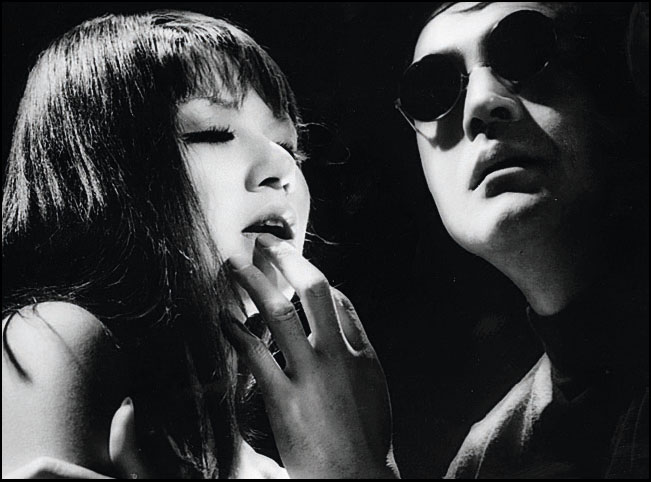
Blind Beast (1969)
Obsessed, a blind sculptor (Eiji Funakoshi) locks his beautiful young model (Mako Midori) in a gigantic warehouse. After an initial period of cat-and-mouse, the pair embark on a sexual marathon both torrid and horrid, using teeth and nails to dole out shivery-shuddery S&M pleasure.
Then they break out the knives and drink each other’s blood. Think In The Realm Of The Senses with a genre bent.
Argh! What’s left but to start hacking off limbs?
Remake rights: Dead Ringers, Crash… Blind Beast? Cronenberg has made a career of this kind of material. Who knows, maybe this is how his Basic Instinct 2 would have turned out...
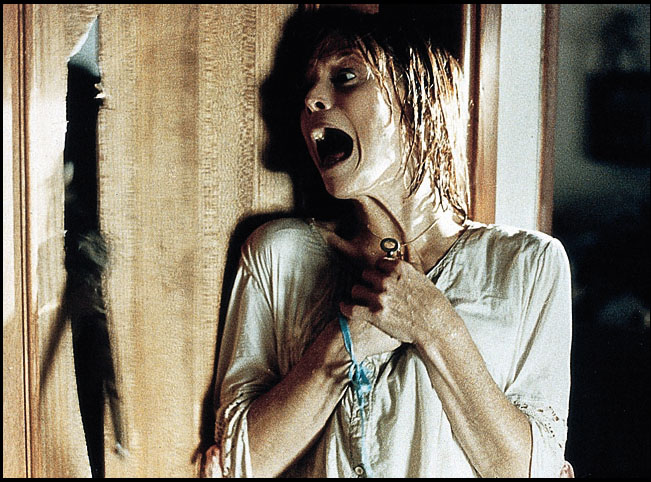
The Sect (1991)
Dario Argento’s gifted protégé Michele Soavi looked set to have a stellar career of his own until he tragically lost his young son and retreated from the industry.
Third feature The Sect confirmed his talent.
Tracking a German schoolteacher (Kelly Curtis) who gets mixed up in a Manson-alike cult, it plummets down twisted rabbit-holes and delivers one squirm-inducing set-piece after another, the camera dancing in elaborate patterns.
Style over substance? Perhaps, but here, at least, Soavi’s style is all his own.
Argh! A comatose woman on a hospital bed suddenly sits up and strangles the person looking over her. Then slits her own throat.
Remake rights: OK, so The Midnight Meat Train was too plush for it’s own good – but Ryûhei Kitamura has all the right moves.
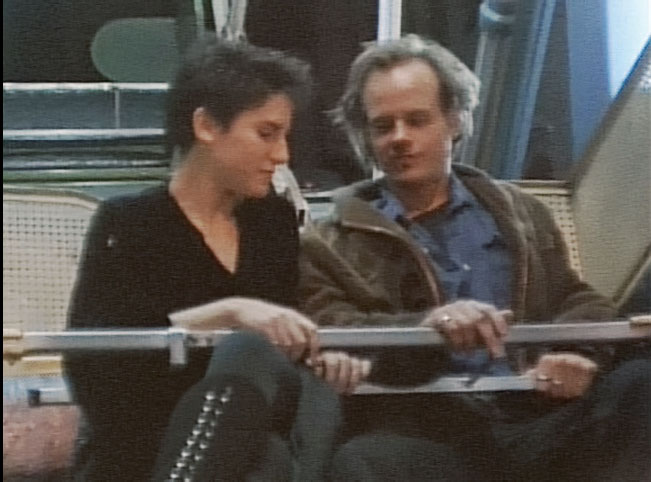
Habit (1996)
A fan of Scorsese and Cassavetes as much as black-and-white fear flicks, Larry Fessenden wanted “to make a traditional horror story in a stark, naturalistic style”, a vampire movie that would “play out all the lonely, confusing feelings of being drained by illness or despair.”
He made Habit. Twice, actually, this being a remix of the film he originally made in 1980 as an undergraduate.
Fessenden also stars as Sam, an unkempt New Yorker who’s on the rebound when he bumps into the mysterious Anna (Meredith Snaider, hypnotic) at a party and slowly sinks into a twilight world of lust, madness and addiction.
As New York paranoia movies go, this is better than Abel Ferrara’s Driller Killer or Bad Lieutenant, yet few have heard of it or, indeed, of writer/director Fessenden. That last is about to change, though – he’s just signed up for the US remake of The Orphanage.
Argh! After much staring into each other’s eyes/souls, Sam and Anna get it on in needy, greedy fashion. Watch out for those lovebites...
Remake rights: Larry Fessenden. He says he’d like to return to Habit every decade or so.
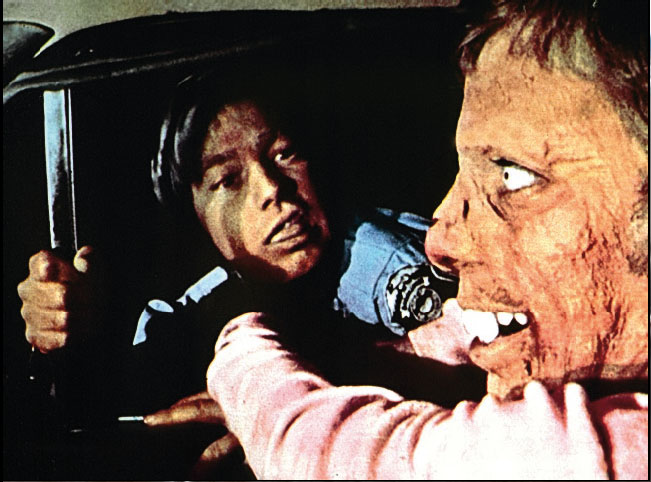
Dead Of Night (1974)
Four years before Coming Home, Bob Clark’s grimly effective genre flick tackled the Vietnam War and post-traumatic stress in the shambling form of Andy (Richard Backus), a rage-fuelled zombie with bloodrimmed eyes.
Dead Of Night is a clever update of The Monkey’s Paw – a grieving mother wishes for her dead son’s return – and it unsettles through grainy visuals, discordant sound design and Tom Savini’s gruesome make-up.
But most of all it unsettles through political allegory. “I died for you,” Andy tells a complacent doctor. Then rips him apart.
Argh! Andy strangles a yapping dog.
Remake rights: Oliver Stone. It’ll be Born On The Fourth Of July-meets-The Hand.
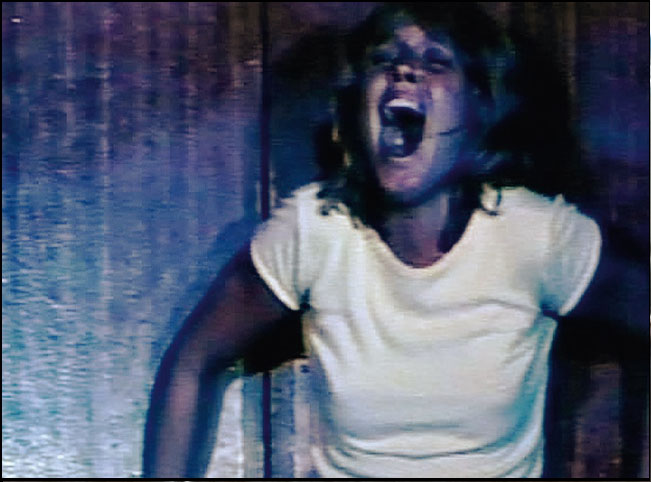
Messiah Of Evil (1973)
Before he had a funny turn and made Howard The Duck, Willard Huyck turned in this ultra lowbudget treat, a zombie movie set in a rundown coastal town which owes as much to Poe and ’40s noir as it does to Romero.
The story is slight (a woman searches for her father) and the production values crude, but Huyck’s script is unusually literate and Messiah matches Herk Harvey’s Carnival Of Souls in the grubby poetry stakes. If only all desolation was this lyrical.
Argh! Slowly, silently, a cinema fills with ghouls.
Remake rights: Guillermo del Toro can always find magic in malevolence.
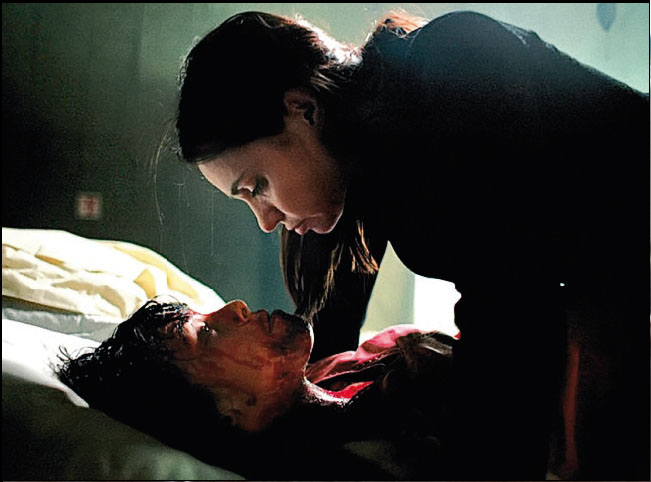
Inside (2007)
Finally scheduled for a DVD release in the UK (see next month’s Total Film for a full review), this Gallic gut-churner matches Switchblade Romance, Frontier(s) and Martyrs for physical pain.
Crucially, though, it also throbs with suspense. The premise is simple – a mad, bad lady stalks a heavily pregnant woman in her home – but it’s all about the meticulously controlled, Fincher-esque visuals and the outrageous ultraviolence.
A scarring experience, for protagonist and viewers.
Argh! The crudest Caesarean section ever performed on screen. Or off, we hope.
Remake rights: Bryan Bertino. Proved with The Strangers just how much tension he can wring from a domestic set-up.
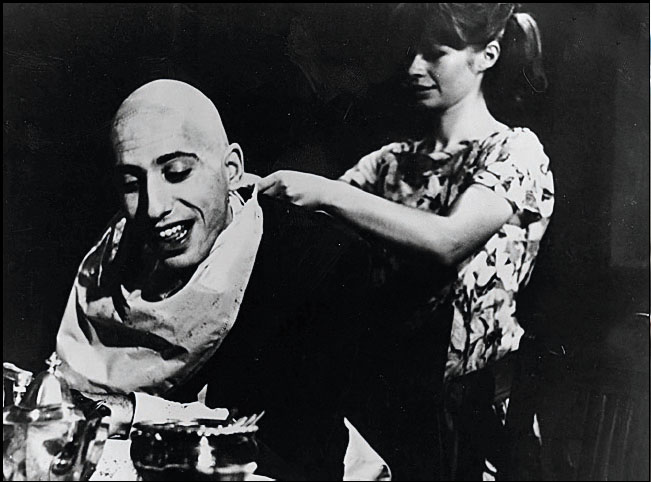
Spider Baby (1968)
Roger Corman associate Jack Hill directly influenced The Texas Chain Saw Massacre with this taboo-obliterating horror-com about a family of cannibals who live in a dilapidated mansion and prey on passers-by.
Originally entitled Cannibal Orgy, Spider Baby boasts genre icons Lon Chaney Jr and Sid Haig but the real star is Ronald Stein’s jaunty Halloween score.
Chaney sings the title tune: “Cannibals, spiders, creep and crawl/ And boys and ghouls, having a ball!”
Argh! Wolfing dinner before a trussed-up guest.
Remake rights: Jeff Broadstreet (Dr. Rage) is tentatively pinned to a Jack Hill-produced redux, but it should be Mum & Dad’s Steven Sheil.
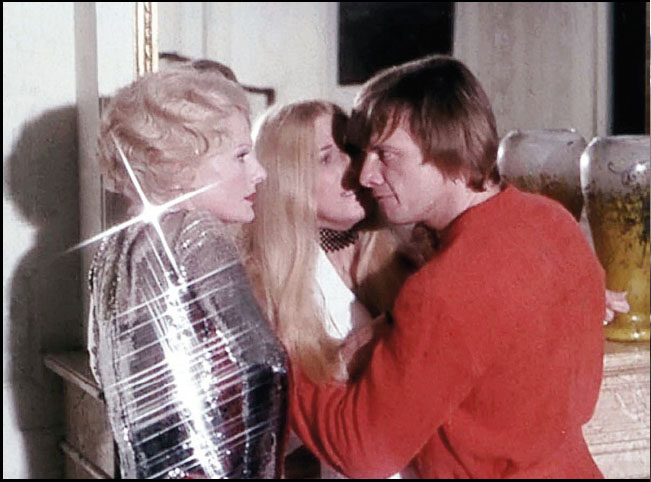
Daughters Of Darkness (1971)
A honeymooning couple rub up against a pair of lesbian vampires in a deserted hotel on the Ostend shoreline.
Shot in lush reds, this Belgian curio makes sex and violence a classy affair by shrouding its heated content in the hushed morgue atmospherics of, say, Death In Venice or Last Year In Marienbad.
Delphine Seyrig’s cougar vamp is Dietrich with fangs.
Argh! Vampires don’t like running water so a spot of shower sex turns the bathroom red.
Remake rights: Let The Right One In’s Tomas Alfredson is a first-base choice, but Lars Von Trier does arthouse controversy like no one else.
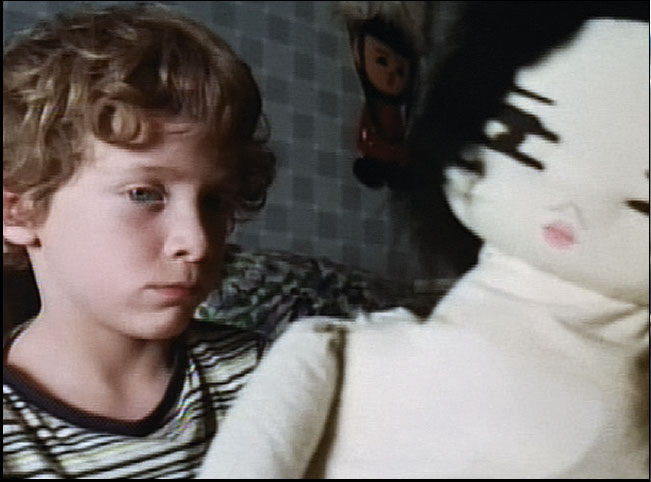
Shock (1977)
Mario Bava’s final feature can be read as a ghost story or a film about a woman’s mental breakdown.
Either way it’s a highly distressing experience, Bava tightening the screws even as he unhinges all logic – the closing 20 minutes are excruciatingly tense and boast the most perfectly timed jump sequence in horror.
It was written by son Lamberto Bava and Dardano Sacchetti. “We wanted to do more of a contemporary horror film. We were influenced by Stephen King,” says Bava Jr, who also directed a handful of scenes.
It sees a mother and son return to the family home where dad committed suicide. The kid goes all Danny-in-The Shining, mom (Daria Nicolodi) goes totally loopy and shit goes very strange, courtesy of some ingenious practical effects.
Bava made better films, more artistic films, but Shock – his most atypical horror film – is his scariest.
Argh! Can’t give away that jump scene so let’s go for Nicolodi lying on the bed with her hair swirling about her. Unnerving.
Remake rights: JA Bayona. The Orphanage owes Shock a lot.
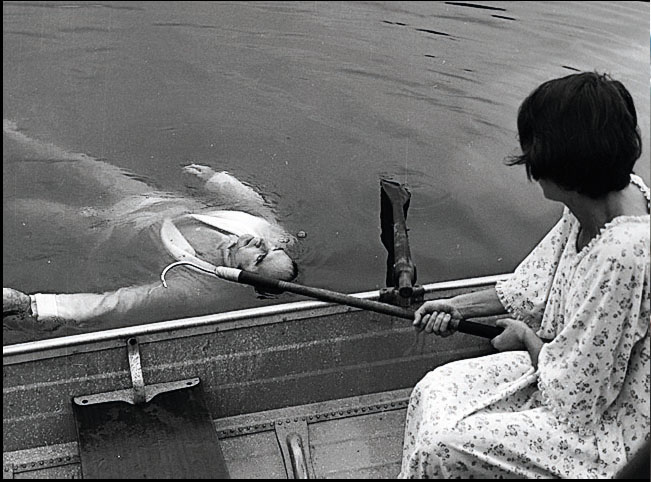
Let's Scare Jessica To Death (1971)
Released from a psychiatric ward, Jessica (Zohra Lampert) stays in a rambling lakehouse with her hubby and friend. But something’s awry. Ghosts? Locals? Is her sanity slipping away?
Director John Hancock plays his cards close to his chest, utilising classic techniques to squeeze maximum chills from a miniscule budget: glimpsed figures, whispers on the soundtrack, curling tendrils of fog… One of Stephen King’s favourite horror films. It’s not hard to see why.
Argh! A swim in the lake prompts gasps when a body bubbles to the surface.
Remake rights: Shrouded in mist and veiled in secrets, The Others suggests that Alejandro Amenábar might be up to the task.
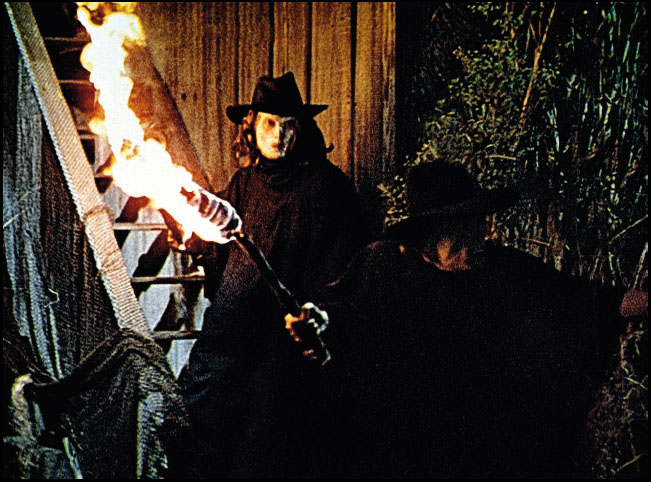
Lemora - A Child's Tale Of The Supernatural (1973)
A subversive fairytale set in the American South, Lemora borrows from Lovecraft, Barrie, Buñuel,Lang, Lewton and more, many more, as a young girl undergoes a terrifying journey to find her father – only to fall into the clutches of the eponymous vamp.
Director Richard Blackburn accounts for the film’s eerie sensuality by saying he wanted a “quasi-European slant”, but it’s Night Of The Hunter that most prominently springs to mind when watching this underrated, underseen gem.
Incredibly, it feels fresh and special despite the references.
Argh! Vampires take on werewolves! Thirty years before Underworld!
Remake rights: Ginger Snaps’ John Fawcett.
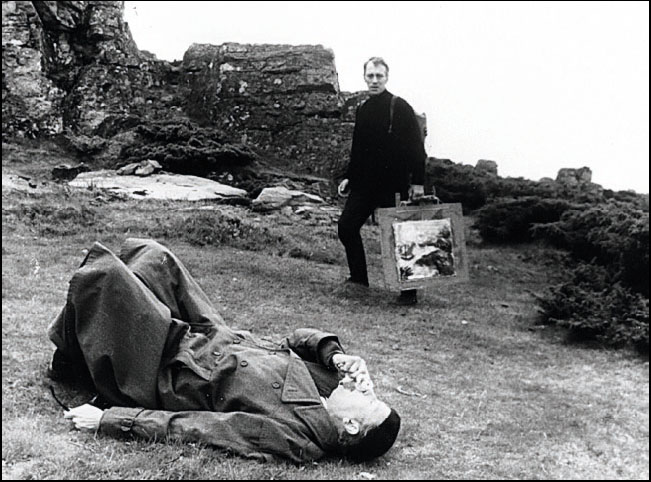
The Hour Of The Wolf (1968)
“The Hour of the Wolf is the hour between darkness and dawn… When demons are at their most powerful,” explains Ingmar Bergman, whose only out-and-out horror movie posits a painter eaten alive by his own (artistic) demons on a remote island.
Psychological, chimerical, guaranteed to fuck your mind all ways up, Hour Of The Wolf might just be the most intelligent, subtle horror film ever made.
“Everything has to be insinuated,” Bergman scribbled in his notebook while prepping Wolf. “Nothing must be emphasised, nothing unravelled.”
Argh! Meet the 216-year-old woman with the floppy hat and the detachable face...
Remake rights: David Lynch. And only David Lynch.
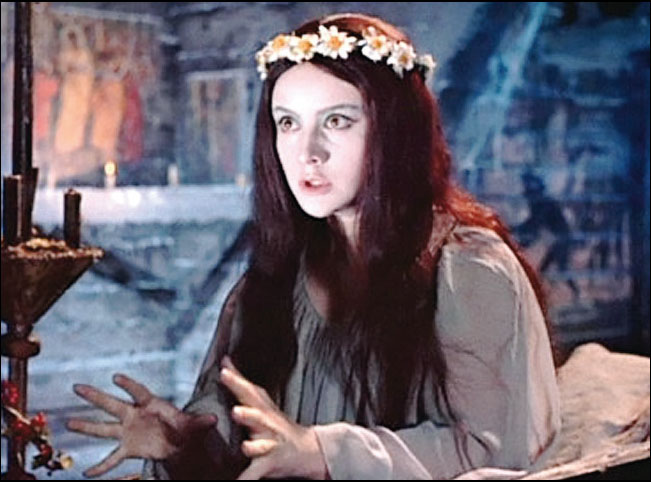
Viy (1967)
Based on a Ukrainian folk tale that also informed Mario Bava’s 1960 classic Mask Of The Demon, Viy sees a novice monk (Leonid Kuravlyov) assaulted by a host of weird and wonderful demons while conducting a three-night vigil over the corpse of a witch.
Comprised of painterly backdrops and alive with the sounds of owls, dogs and crickets, this is a gorgeous, lyrical work – never more so than when it brings the fear.
Argh! The cock crows and the resurrected witch freezes, twitches and floats back into her coffin.
Remake rights : A new Russian production stars, er, Jason Flemyng, but there’s no sign of a UK release. So how about an English-language riff directed by The House Of The Devil’s Ti West?
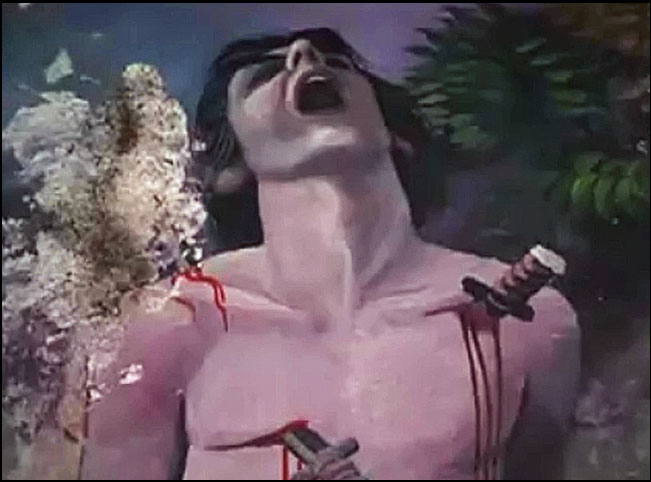
The House With Laughing Windows (1976)
Guillermo del Toro adores Pupi Avati and you should too. Less famous than his Italian brethren Bava, Argento and Fulci, Avati makes horror films that possess a fragile beauty yet pulse with insidious tension.
The House With Laughing Windows is his masterpiece. Art restorer Stefano (Lino Capolicchio) visits a sleepy village to touch up a fresco depicting the slaughter of St. Sebastian... only for events to play out like some sort of Italian Wicker Man, the cruel horrors cavorting in brilliant sunlight. (See also Avati’s bizarre 1983 zombie film, Zeder.)
Argh! The freaky, bloody ending. WTF?!
Remake rights: Martyrs’ Pascal Laugier. He cherishes Picnic At Hanging Rock, a film House shares much in common with.
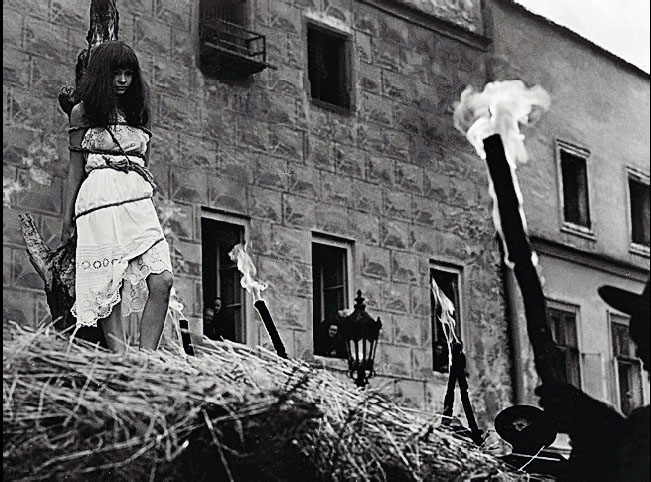
Valerie And Her Week Of Wonders (1970)
A Czech New Wave vampire movie?
Valerie is as odd as you could hope for, a surreal, sensual fairytale that could be entitled Malice In Wonderland as a 13-year-old girl (Jaroslava Schallerová) witnesses/imagines scenes of witchcraft, incest and religious hypocrisy involving a toothy priest and her father – who are perhaps one and the same.
Don’t expect a linear narrative. Do expect a cascade of associative images bursting with Freudian symbolism, all set to luminous lullabies.
Argh! The priest removes a scary mask to reveal it’s the face beneath that should be feared.
Remake rights: GDT is Mr Gothic Fairytale but Lucile Hadzihalilovic was on the right track with Innocence.
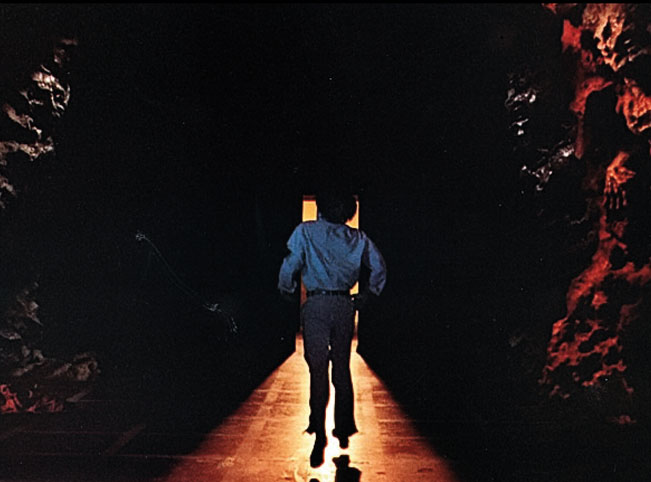
Infernio (1980)
Dario Argento’s bravura masterpiece is better known than most films on this list but there are still a lot of people out there who have never heard of Argento’s movies, let alone seen them.
For many more, their acquaintance begins and ends with Suspiria.
The second of the ‘Three Mothers Trilogy’ – bracketed by Suspiria (1977) and Mother Of Tears (2007) – Inferno is set in New York as student Rose Elliot (Irene Miracle) discovers a book telling of three witchy mothers: Sighs, Darkness and Tears.
Darkness, it transpires, dwells in the neo- Gothic mansion where Rose is living, and no sooner does she relay this creepy information to her brother in Rome than she disappears...
Written by Argento as he holed up in a Central Park hotel suffering from a repeat bout of hepatitis, Inferno started shooting on 21 May 1979.
The director clashed with studio 20th Century Fox throughout the 14-week shoot (“It was like being trapped in a Russian prison camp!”) and the finished movie received tepid reviews and was shelved in America.
Hard to credit, really: Inferno is a nightmare plucked whole from the director’s damaged (well, fevered) brain and splashed onto celluloid in vivid Technicolor.
Like much of Argento’s output – and Italian horror in general – it has no time for plot or logic, instead unspooling as an elliptical, nonsensical, swirling, blaring, shattering terrorvision that’s 100 degrees proof and spiked with OTT set-pieces, oozing style, hosing blood.
“I wanted to evoke the magic moment that makes us shake with fear,” Argento explained. “First me as I direct it and then you as you watch it unfold like a slow-motion dream.”
Argh! A crippled bookseller is attacked by rats while attempting to drown some kittens in Central Park. A man runs to his aid but suddenly pulls out a huge knife and hacks him to pieces.
Remake rights: PTA’s There Will Be Bloodseethed with comparable insanity. Failing that, Zack Snyder. No one could do Inferno justice, but Snyder did a good job on the Dawn Of The Dead remake and Watchmen has style to spare.
The Total Film team are made up of the finest minds in all of film journalism. They are: Editor Jane Crowther, Deputy Editor Matt Maytum, Reviews Ed Matthew Leyland, News Editor Jordan Farley, and Online Editor Emily Murray. Expect exclusive news, reviews, features, and more from the team behind the smarter movie magazine.


